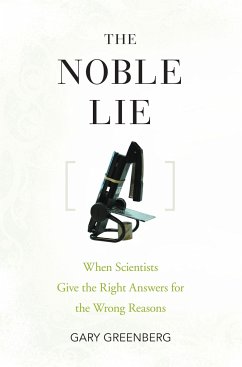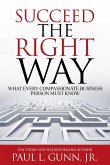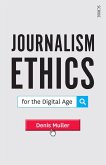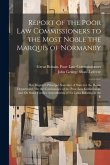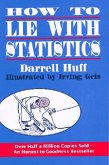Is drug addiction really a disease? Is sexuality inborn and fixed or mutable? Science is where we often turn when we can't achieve moral clarity. In The Noble Lie, acclaimed and controversial science writer Gary Greenberg shows how scientists try to use their findings to resolve the dilemmas raised by some of the most hotly contested issues of our time, from gay rights to euthanasia and the drug war. He reveals how their answers often turn out to be more fiction than science—and explores whether they cause more harm than good.
Bitte wählen Sie Ihr Anliegen aus.
Rechnungen
Retourenschein anfordern
Bestellstatus
Storno

